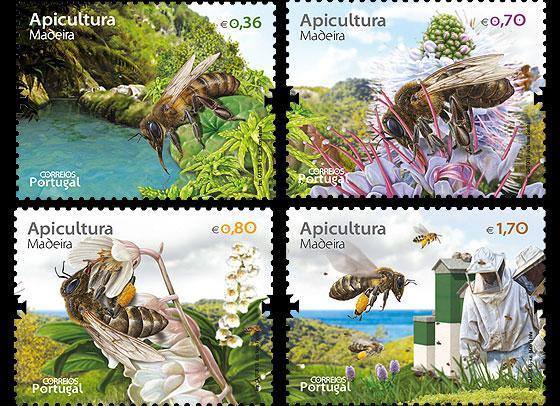A strong immune defense is vital for honey bee health and colony survival. This defense can be weakened by environmental factors that may render honey bees more vulnerable to parasites and pathogens. Honey bees are frequently exposed to neonicotinoid pesticides, which are being discussed as one of the stress factors that may lead to colony failure. We investigated the sublethal effects of the neonicotinoids thiacloprid, imidacloprid, and clothianidin on individual immunity, by studying three major aspects of immunocompetence in worker bees: total hemocyte number, encapsulation response, and antimicrobial activity of the hemolymph. In laboratory experiments, we found a strong impact of all three neonicotinoids. Thiacloprid (24 h oral exposure, 200 microgram/l or 2000 microgram/l) and imidacloprid (1 microgram/l or 10 microgram/l) reduced hemocyte density, encapsulation response, and antimicrobial activity even at field realistic concentrations. Clothianidin had an effect on these immune parameters only at higher than field realistic concentrations (50–200 microgram/l). These results suggest that neonicotinoids affect the individual
immunocompetence of honey bees, possibly leading to an impaired disease resistance capacity.
Source: Annely Brandt et al. Journal of Insect Physiology 86 (2016) 40–47

- Login om te reageren
